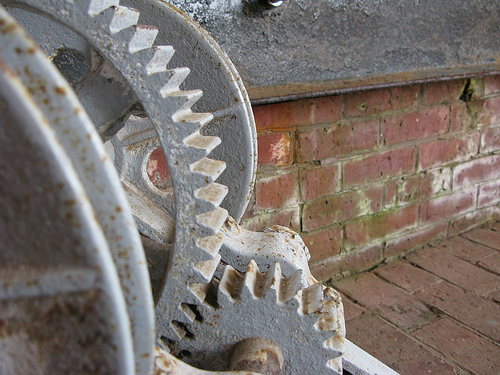When applying for a patent, many inventors struggle to complete the forms to a satisfactory level. As a consequence, their application is denied. In fact, nearly 50% of all first-time patent applications are refused, and only on repeated application are inventors accepted. This is a significant percentage, as many inventors can give up at this point, and leave their inventions to be worked by their company, or by another business.
The majority of those patents which are rejected have been filled in solely by the inventor, working alone. This is a common mistake, and rather than risk being rejected, modern inventors should instead consider employing the services of a patent attorney.
Why Use A Patent Attorney?
Many of the patent attorneys available to inventors are themselves qualified in the same fields as those working on new designs and innovations. For example, it is common for patent attorneys to have a qualification in physics, engineering or chemistry.
This means that they are fully qualified to work with the inventor, and that they can work out the true nature of an invention – for example whether it qualifies for a patent, and if design patents also need to be requested in order to fully protect the application.
Patent attorneys are also licensed by the people who assess the patents, the United States Patent and Trademark Office (USPTO). This means that they have been taught about the legal standards required of the patent, including Oaths and declarations about the invention. The attorney will also have a more standard degree in law, prior to their specialisation in patents.
They can advise their clients about their standing in law, and how their patent will affect their standing. They can, for example, suggest that the inventor file a provisional patent before they submit a full patent application, as this is likely to help establish an early claim and prevent rivals from submitting patents for similar designs.
What Does A Patent Attorney Do?
The purpose of employing a patent attorney is to establish that the inventor will be able to claim for patent. Attorneys also provide advice about the steps to take in claiming a patent, and can help the inventor to find someone to accept their Oath. Most attorneys are familiar with qualified oath-takers in their area, and can recommend these officials to their clients.
Patent attorneys will also offer their clients advice about the illustrations which will need to be submitted with the application. Most inventors are only able to draw basic plans, and are not qualified draughtsmen. This can be a problem when the application demands that drawings be accurate, and in the correct proportions. Patent attorneys can provide connections to professional draughtsmen to create drawings for the patent application.
Many patent attorneys refer to the services they offer as the prosecution of the patent. This is not related to suing, for example in breach of a patent, but is instead the legal term for guiding a patent through from application to fully granted patent.
The Author
Ben Johnson has previously worked for modern inventors who he assisted in applying for patents for their works. He now writes full time about his previous experiences in helping professionals protect their inventions/works.



